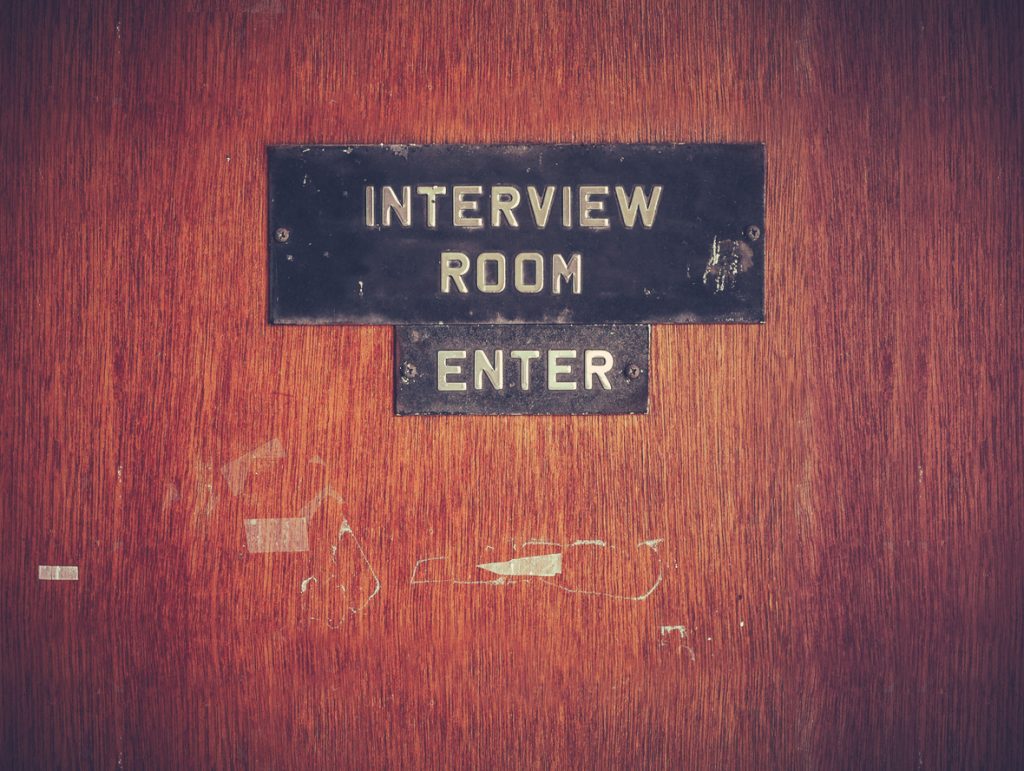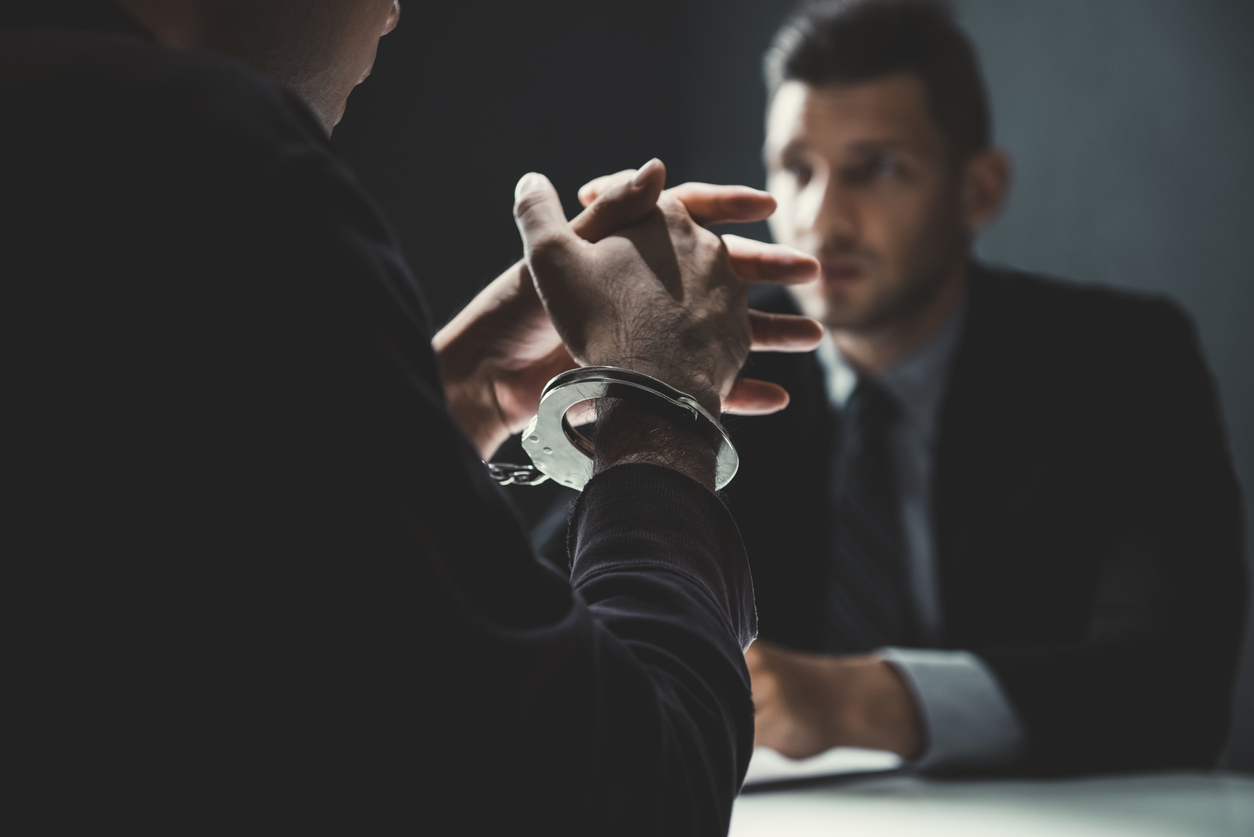If you get a chance to talk to a criminal defense attorney, ask them how often their clients talk to police. The answer is probably often. The story is almost always the same: The police told you it would help, so you waived your rights to silence and a lawyer and talked to the police.
But it never, or at least almost never, helps. Instead, it always, or at least almost always, makes things worse. If you’ve been arrested and are facing criminal charges, things are bad enough. You don’t need to make things worse. And you also don’t need to talk to the police.
Do you have to talk to the police?
No. Under the Fifth Amendment to the U.S. Constitution, you have the right to remain silent. You can exercise that right in an easy way. “I am exercising my right to remain silent.” You don’t have to say anything to police after that. You might have to give them a small amount of information like your name, but that is it. You don’t have to say anything else.
This is true no matter what police tell you. They may tell you that only guilty people refuse to talk. They may tell you that they can help you if you talk to them. Or they might tell you that they already know what happened and that you’ll be fine as long as you tell them the truth. None of this is true.
Police are trained to get you to waive your right to remain silent. They do this in a few different ways. Sometimes, the police are nice about it and convince you they’re on your side. Sometimes they’re mean or violent and convince you speak out of fear for your own safety. But, no matter how they do it, they just want you to talk and make admissions that they can use against you in court.

Why do people talk to the police?
It’s hard to say. Criminal defense attorneys often say that their clients often have two answers for why they waived their rights and talked to police: “I thought it would help,” and “I don’t know.” These aren’t good reasons to talk to the police.
When police arrest you, they will read you your Miranda rights. All of those rights are important, but you need to hear the two about your right to remain silent more than anything else. “You have the right to remain silent.” You do, so use it. “Anything you say can and will be used against you in the court of law.” This is absolutely true. Police and prosecutors can use whatever you say against you. And they will.
The Takeaway:
The Fifth Amendment to the U.S. Constitution gives you the right to remain silent. Using that very important right is easy. You just have to tell police that you are exercising your right to remain silent. It might be tempting to talk, especially if police tell you it will help. But it rarely, if ever, helps. And there are countless examples of situations where it definitely made things worse.






